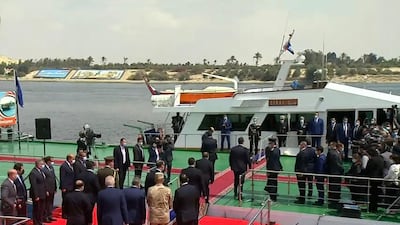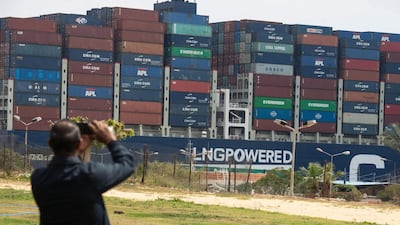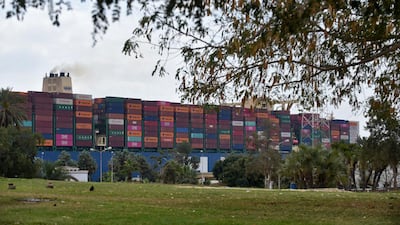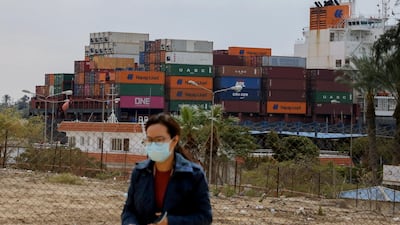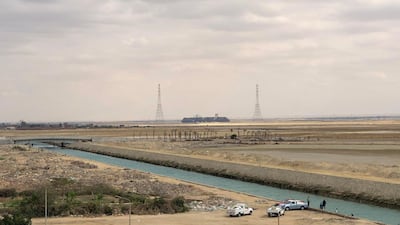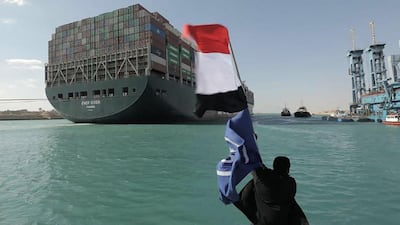Egypt's President Abdel Fatah El Sisi warned on Tuesday that denying his country just "a drop of water" would trigger "unimaginable instability" in the region.
This was his sternest rebuke to Ethiopia to date over its disputed Nile dam.
Egypt fears that the Grand Ethiopian Renaissance Dam – or Gerd – will deeply cut its share of the Nile's water.
With a population of around 100 million, Egypt depends on the Nile for more than 90 per cent of its fresh water needs.
Egypt and fellow downstream nation Sudan have been trying for years to persuade Ethiopia to enter a legally binding agreement on the filling and operation of the dam.
Ethiopia maintains that guidelines, rather than a binding deal, should suffice, and warned that it plans to go ahead with a second and a much larger filling of the dam in the summer – regardless of whether an agreement is reached.
“We don’t talk much, but I need to tell everyone that no one can take a drop of water from Egypt. If anyone wants to try, let him try,” the Egyptian leader told a news conference at the Suez Canal city of Ismailia.
“But we are not threatening anyone and our discourse remains very patient and very wise, but no one can take a drop of water from Egypt water.
"Doing so will create unimaginable instability in the region and no one should assume that he is beyond the reach of our capabilities," Mr El Sisi said.
“I say it again, Egypt’s water cannot be touched. Touching it is a red line and our reaction if it’s touched will impact on the entire region.”
This was a thinly-veiled reference to the reach of Egypt's military.
Since Mr El Sisi took office in 2014, the country has acquired cutting-edge weapons that allow it to operate away from its borders. These include German submarines, ships equipped with assault helicopters and French Rafale fighter jets.
But Mr El Sisi also softened his warning. He said: "Hostile actions are ugly and their large big ramifications endure for years and people never forget them.
“Our battle is the battle of negotiations … Everything we demand is within the realm of laws governing transnational rivers.
“There will be movement in negotiations within the next few weeks and I hope we reach a legally-binding agreement.”
Ethiopia's second filling of the Gerd will involve 13.5 billion cubic metres of water – nearly three times the size of the first one, last July.
That did not have an impact on Egypt because 2020 saw a bumper flood that filled its reservoir behind the Aswan dam.
However, Sudan complained that the filling disrupted operations at water treatment facilities.
Sudan maintains that only real-time data on the operation of the Gerd can shield it from destructive flooding and guarantee that its own hydroelectric dams on the Nile operate normally.
Gerd, which is nearly 80 percent complete, is built on the Blue Nile, 20 kilometres from the Sudanese border.
The Blue Nile, the source of which is in Ethiopia's highlands, thunders down into eastern Sudan and meets with the White Nile in Khartoum.
Merged, they they travel together through northern Sudan and Egypt, all the way to the Mediterranean.
The Blue Nile accounts for more than 80 per cent of the Nile’s water.

















